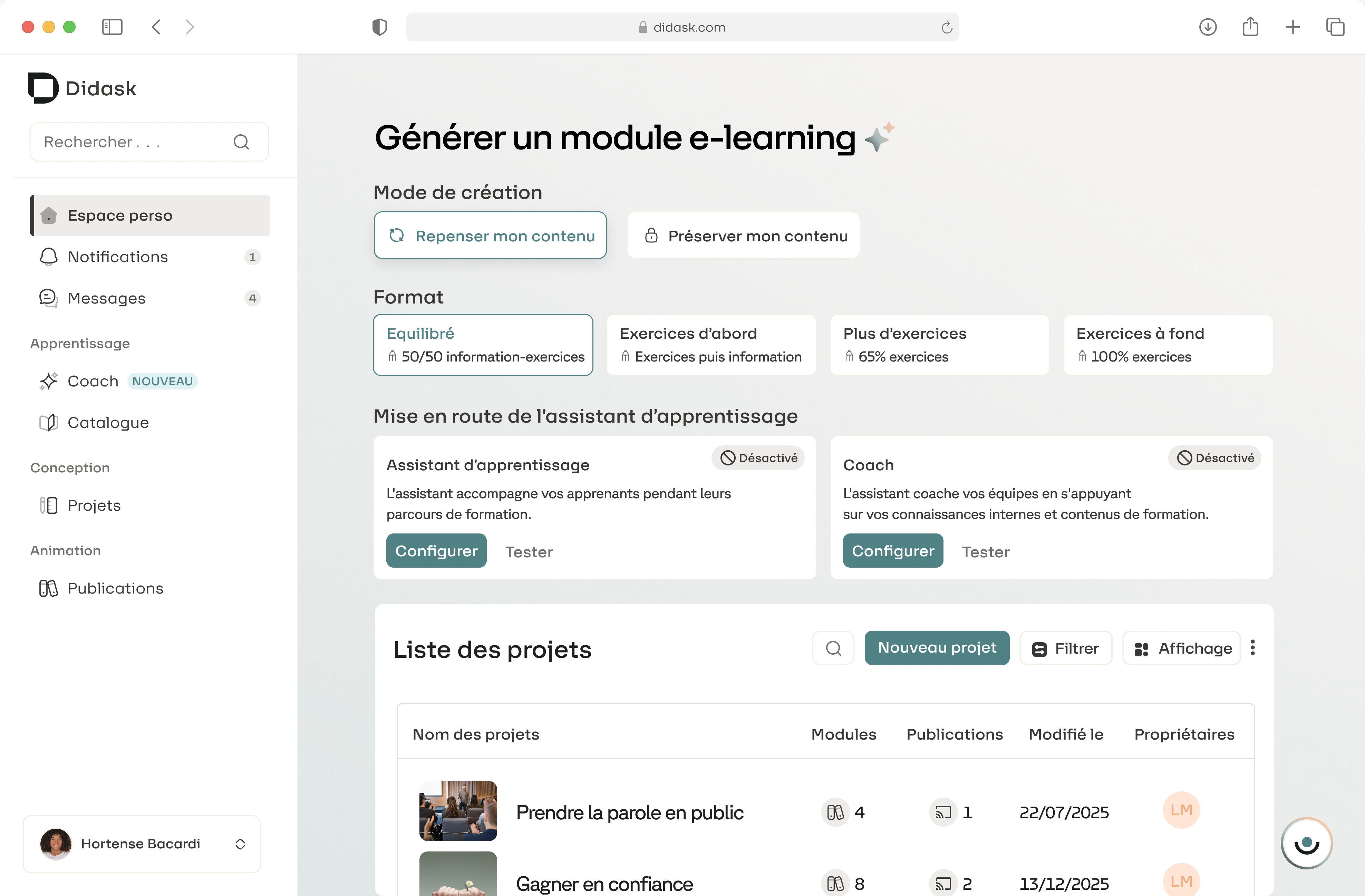Cognitive science is a fascinating field that explores the human mind through an interdisciplinary approach. Contrary to popular belief, they are not limited to neuroscience, although neuroscience is an integral part of it. They encompass a range of complementary disciplines, each providing a unique insight into the underlying mechanisms of our cognition, behavior, and social interactions.
Cognitive sciences thus intersect neurosciences, psychology, sociology, sociology, sociology, sociology, linguistics, linguistics, philosophy and computational sciences, all united by a common goal: to understand how our mind works based on rigorous scientific methodologies. By formulating hypotheses, isolating variables and measuring their effects, these disciplines attempt to unravel the mysteries of human thought.
A multi-scale vision of cognition
One of the major advantages of cognitive science is its ability to analyze human cognition at several levels. This ranges from studying neurons and synapses to observing social interactions and collective cognition. This approach makes it possible to explore the links between microscopic phenomena observed at the cellular level and social and societal dynamics, thus offering an integrated perspective of cognitive processes, although these relationships are often complex and non-linear.
Learning: a scientific and interdisciplinary approach
To understand what really works in learning, it's essential to take a rigorous, evidence-based, scientific approach. This involves objectively evaluating the effectiveness of learning methods by measuring variables, controlling for certain conditions, and comparing groups. This process is crucial to avoid confirmation bias—that natural tendency to favor information that confirms our pre-existing beliefs over unbiased analysis. In pursuing this goal, cognitive science provides an interdisciplinary perspective that informs learning from several complementary perspectives, each contributing to a better understanding of the mechanisms by which we acquire knowledge and skills.
Les neurosciences contribute to our understanding of the brain mechanisms involved in learning, revealing that learning is based on widely distributed neural networks rather than on isolated regions. Among the key structures of these networks, we find the hippocampus, which is strongly involved in the formation of declarative memory (that of facts and events that can be expressed verbally), the striatum influencing decision-making, but also the prefrontal cortex, which is crucial for executive functions and metacognition, and the amygdala, which plays a decisive role in emotional learning and the modulation of memory through emotions.
Neuroscience is also interested in fundamental cellular mechanisms, such as brain plasticity — the ability of the brain to change its structure and functions in response to experiences. This plasticity operates through various mechanisms: the strengthening of certain synaptic connections, the formation of new connections (synaptogenesis), but also, in certain regions such as the hippocampus, the formation of new neurons (neurogenesis). These mechanisms allow the brain to adapt continuously and are the biological substrate for learning and memory.
Cognitive psychology completes this analysis by focusing on the mental processes involved in learning: attention, memory, reasoning. She explores how these processes interact, how we can optimize them, and how the environment influences our ability to learn. For example, she highlighted the benefits for memory of repeating information (Latimier et al., 2021), the spacing of learning (Cepeda et al. 2008), or the influence of familiarity with the subject on the effectiveness of its implementation (See our podcast on the subject).
However, learning is not limited to individual mechanisms. THEsocial interaction plays a central role in the acquisition of knowledge. We learn by watching and imitating others, which makes collaborative learning a powerful tool. The concepts of distributed cognition (which studies how information is represented and transformed in systems comprising individuals, artifacts, and environments, together forming an integrated cognitive system) and social learning (the acquisition of knowledge through observation, imitation, and interaction with others) illustrate how exchanges between individuals and their material environment make it possible to share and co-construct knowledge that exceeds individual cognitive abilities.
The parlance also plays a crucial role, as it is the main vehicle through which knowledge is transmitted. The study of cognitive linguistics helps us understand how the structure of language shapes our perception of the world and our ability to conceptualize new ideas.
Finally, the philosophy provides a fundamental reflection on the nature of understanding itself, questioning what “understanding” means and how to distinguish between different forms of knowledge.
Exploiting cognitive science in LMS: towards more effective methods
Cognitive sciences offer considerable potential for applications in the field of training, in particular through Learning Management Systems (LMS). These digital platforms that make it possible to create, manage and deliver online training courses. However, the effective integration of cognitive principles into these systems remains uneven, ranging from simple cosmetic adjustments to fundamental restructuring of the learning experience.
These tools can be designed to exploit cognitive principles and improve learning effectiveness. Several complementary strategies can be implemented. First, managing cognitive load — by structuring information in such a way as to avoid cognitive overload, a situation where our brain receives too much information to process simultaneously — allows learners to assimilate concepts more effectively (Sweller et al., 2019). Second, optimizing educational sequencing consists in presenting information in an adapted progression, ensuring that each new concept is based on previously mastered knowledge, in accordance with the proximal zone principles developed by Vygotsky.
In addition, the LMS tool can be programmed to implement spaced practice, a technique where exercises are optimally distributed over time rather than concentrated in a single session (massed practice). This approach is based on the spacing effect, a robust phenomenon in cognitive psychology that shows that spacing out revisions can ease the forgetting curve — the phenomenon where you quickly forget what you've learned if you don't reactivate it regularly. To maximize effectiveness, the optimal spacing should be adapted to the complexity of the material, the level of expertise of the learner, and the nature of the knowledge (declarative or procedural) (Cepeda et al. 2008).
Finally, the introduction of popular solutions, such as gamification modules (the use of game elements and mechanisms in non-game contexts) or interactive quizzes, must be implemented carefully. Research shows that these approaches can have varying effects on motivation depending on learner profiles (Hamari et al., 2014): while they may stimulate short-term engagement for some, they may turn intrinsic motivation into extrinsic motivation for others, especially when the focus is on external rewards rather than on the inherent value of learning (See our podcast on this subject).
Cognitive sciences, through their interdisciplinary approach, offer an enriching and nuanced vision of human cognition. By combining neurosciences, psychology, sociology, linguistics, linguistics, philosophy and computational sciences, they provide a better understanding of the underlying mechanisms of learning and thinking. This knowledge opens up interesting perspectives in training, especially through LMS, by offering more effective and evidence-based methods.
Today, lifelong learning is essential. Cognitive science offers the keys to optimizing our abilities to learn, adapt and progress. By implementing cognitive principles in training tools, we can promote more sustainable and motivating learning, while recognizing that principles derived from laboratory studies must be carefully adapted to real learning contexts, with their own constraints and specificities.










.png)